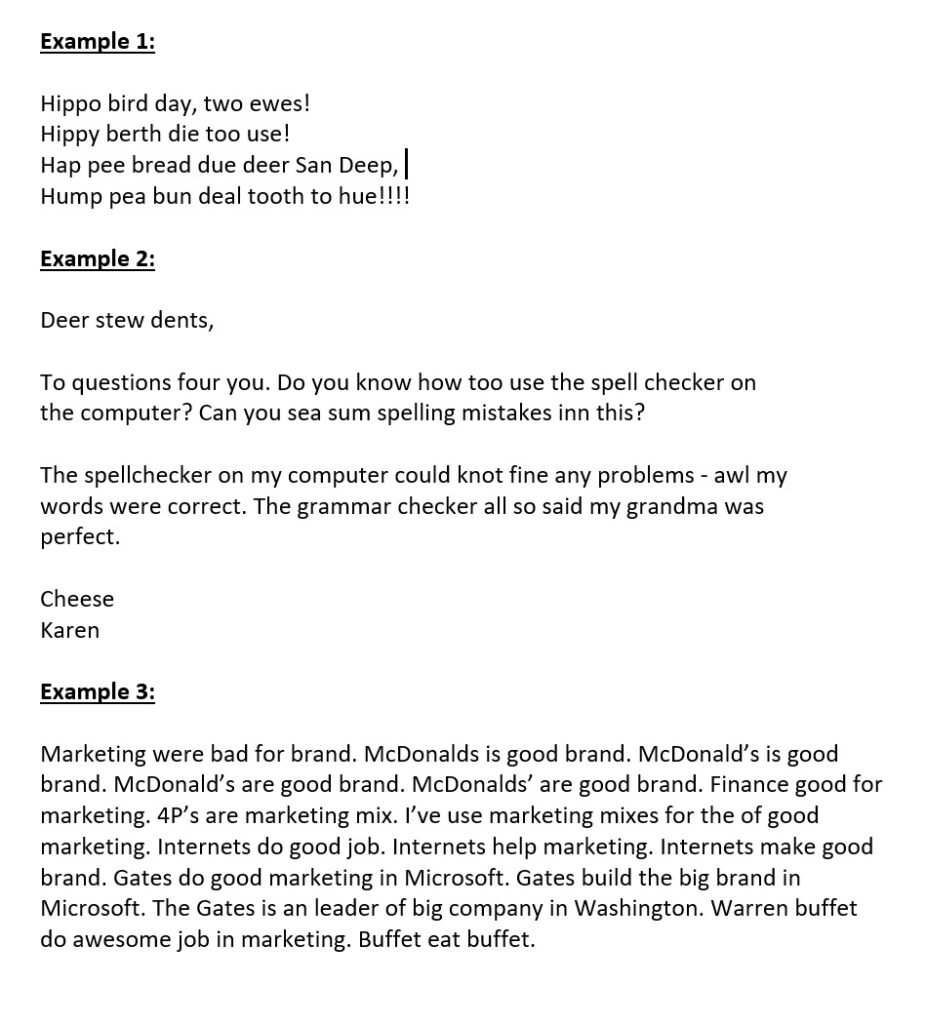Table of Contents
ToggleDo you love spotting grammar and spelling mistakes? Do you have a good eye for punctuation errors? Are you always correcting your friend’s grammar mistakes? If so, you can make $38,000 or more per year as a proofreader by taking online proofreading jobs.
The demand for proofreaders has skyrocketed in recent years. This has opened up many options for you. Not online can you proofread blog posts, essays, ebooks and corporate reports, you can also specialize in more niche areas like legal proofreading and court transcript proofreading.
In fact, proofreaders are increasingly utilized across a number of industries, such as medical, finance, administration and legal. Masters and Doctorate students also pay proofreaders to get their thesis perfected before submission.
Lifestyle of a Proofreader
The majority of proofreaders set themselves up to work from home, and operate as a home small business. Proofreading is one of the easiest work from home jobs you can start right now!
Working for yourself as a proofreading freelancer has certain benefits:
- You are your own boss
- Ditch the 1-3 hour morning and evening commute
- Flexible working hours
- Take breaks when you want
- Perfect as a part-time or casual job
- Work-life balance
- Take kids to school and pick them up, and still get your work done
What Exactly is Proofreading?
When you work as a proofreader, your job is to read documents and check for errors such as: spelling, syntax, grammar, punctuation and typographical. If you are proofreading manuscripts and ebooks, you will need to be familiar with editing styles.
In many industries, written documents must be correct and accurate reflecting the information they capture. Your job is to ensure that documents you proofread are error free before they are stored, printed, or sent to clients.
As a proofreader, you may be asked to check documents from a variety of industries and you may be involved in proofreading the following:
- Ebooks
- Blog Posts
- Social Media Content
- Newsletters and Email
- Annual Reports
- Medical Transcripts
- Court Transcripts
- Newspaper Article
- Textbooks
- Thesis and Research Papers
This list is by no ways exhaustive, and there are literally hundreds, if not thousands, of different types of content and documents you may be asked to proofread.
Let’s deep dive and discuss in a little bit more detail the sort of work you might be requested to do:
- In the writing and publishing industry, you may be asked to proofread manuscripts for fiction and non-fiction, check ebooks, nespapaer and magazine articles;
- In the legal industry you may be required to proofread court transcripts, witness statements, court rulings, pleadings and contracts;
- In the online industry you may be proofreading blog posts, weekly newsletters, social media posts and other content, and checking emails before they are sent out;
- In the academic industry, you might be proofreading PhD and Masters thesis, research reports, and academic textbooks;
- In the medical industry, you might be proofreading medical transcripts, doctor's notes, research articles and scientific papers prior to publication.
As you can see, the scope of work is endless, and you can readily find the types of content you enjoy most to proofread.
The most important characteristic of a successful proofreader is the love of the written word, an eagle eye for detail, and a dedication to spotting errors.
Maxim Ross Tweet
Spell & Grammar Checking, Editing and Proofreading
Spell & Grammar Checkers
Let’s start with spell checkers. These are built into modern word processors such as Microsoft Word. They identify any incorrectly spelled words, and offer you suggestions on how to spell them correctly.
An extension of the spell checker is the grammar checker. It checks your grammar and sentence structure and identifies any problems, offering you solutions on how to fix the error.
However, as you may already know, the grammar and spell checker do not pick up all the errors. Have a look at the following few examples, and see how many errors you are able to pick up:

How many errors did you find? Now I’ve enabled Word spell and grammar checker. The double blue underlines are the errors that Word picked up:

As you can see, Microsoft Word could not spot all the errors. That’s why you can’t trust Word to proofread for you. And that’s the reason why people and companies turn to proofreaders to accomplish this important job.
Editing
Now that we know the limitation of automated spelling and grammar checkers, let’s look at editing.
An editor looks at a document or book and edits it at the structural level. An editor can move sentences and paragraphs around, but they will not change the grammar or check for spelling or punctuation.
An editor is concerned with the big-picture structure and flow of the text. This is called structural editing. The structural editor can not only delete chunks of text, but they can move whole scenes around, suggest missing scenes that will make the story flow better, and ensure the story can be easily read and followed by the reader.
Structural editing happens after the author has written the first draft, and perhaps done a self-edit to bring the manuscript to a second draft. The author then hands it to a structural editor.
After structural changes are recommended and the author implements those, another draft is produced. This is then given to the proofreader. Structural editing is a distinct skill and job from proofreading.
Proofreading
Proofreading is the final stage in the writing process. The proofreader goes over the manuscrit in fine detail, correcting all the spelling, grammar and punctuation mistakes.
After the proofread, the manuscript or document is 100% correct, ready to send to clients, publish online, or go live in whichever format it’s intended to.
If you think you’ve got what it takes to start a proofreading career, make sure to sign up for this free proofreading webinar and training series.
It’s an absolute must-see for anyone who wants to turn their proofreading skills into a well-paid work from home business.
Do You Need an English Degree?
Many people think that you may need to be an English major and hold a college degree to work as a proofreader. However, in many cases, you do not. While having an English degree and being well versed in grammar and vocabulary will help, it is by no means essential. What is more important is a willingness to learn and fill and skill gaps you may have.
If you don’t have any experience at all in English language subjects, there will certainly be a learning curve that you will need to climb. You’ll need to develop skills in grammar, spelling, and editing. You’ll need a willingness to constantly learn, evolve and grow your skills.









